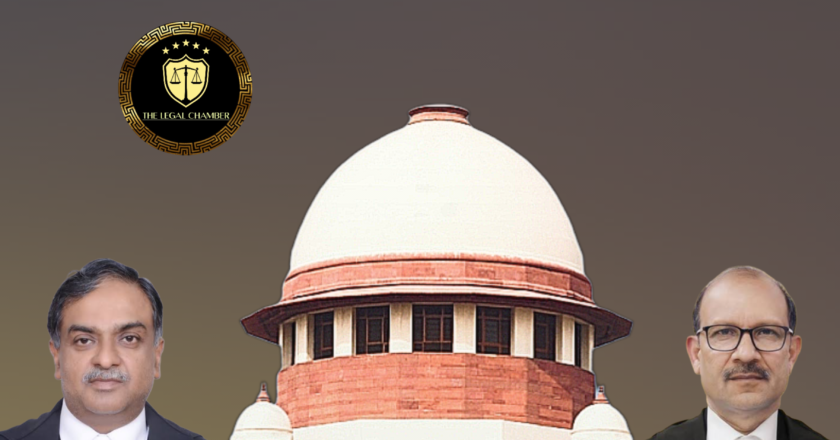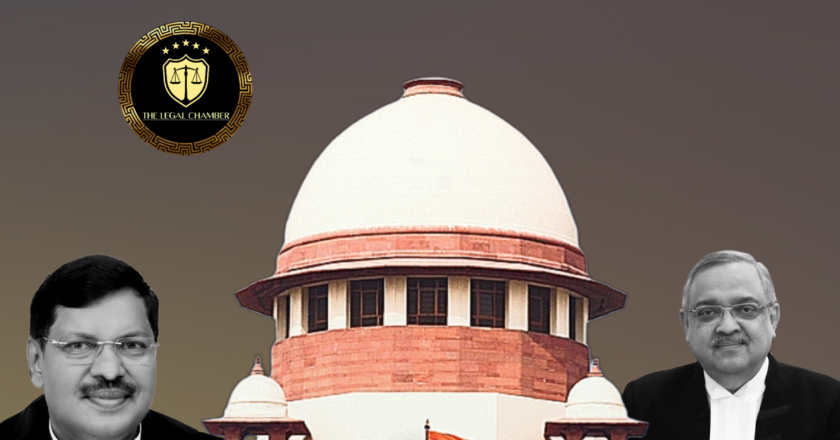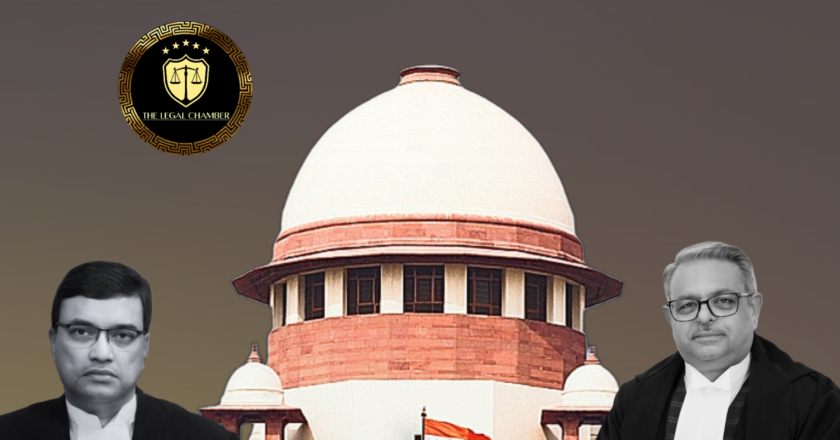Lawyer’s Reputation Restored: Supreme Court Wipes Clean High Court’s “Professional Impropriety” Remark
The Supreme Court expunged adverse remarks made by the High Court against an advocate, holding that such observations could have been avoided. The Court considered the possibility of a bona fide omission by the counsel, who was not involved in the connected case, and ruled that the expunction of the adverse comments was warranted in the circumstances of the case.
Facts Of The Case:
The appellant, an advocate named Siddharth Gupta, filed a writ petition before the High Court of Madhya Pradesh on behalf of his clients. During the proceedings, he relied upon a decision of the Supreme Court in the case of Index Medical College Hospital & Research Centre. The Division Bench of the High Court, in its final order, made adverse observations against the appellant, noting that his conduct "bor...




